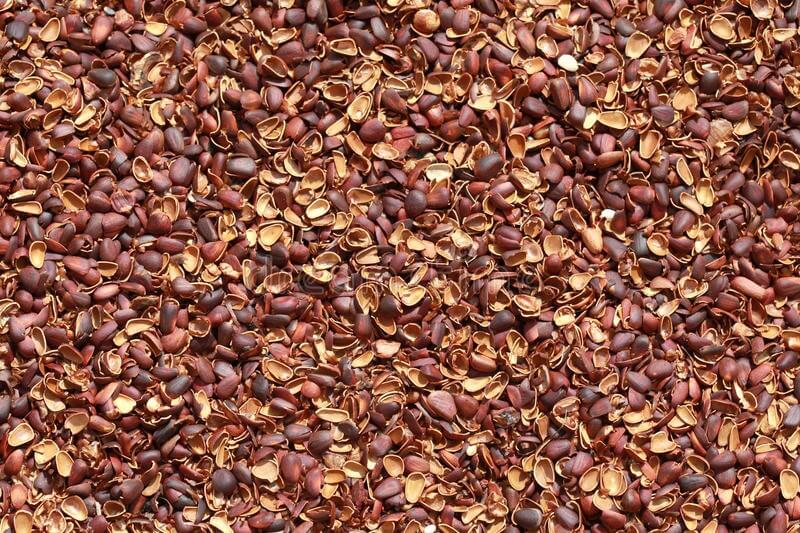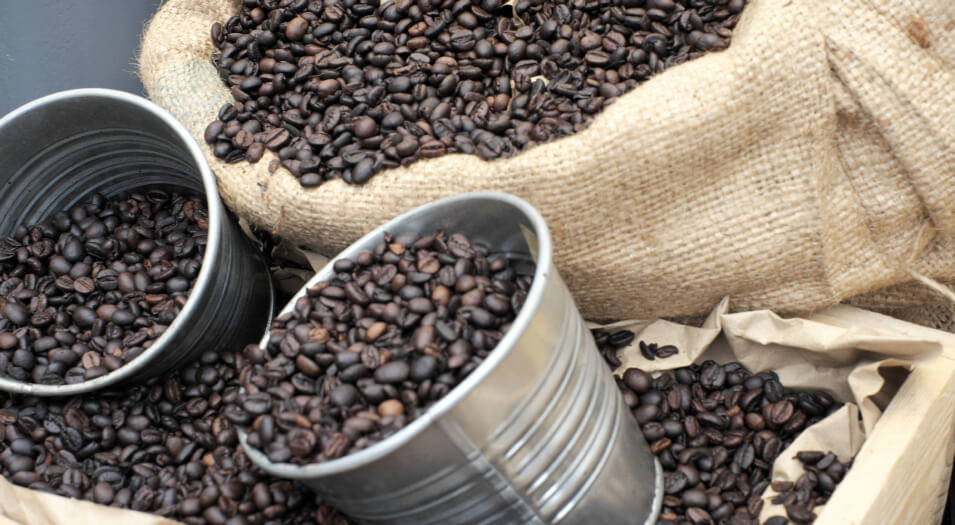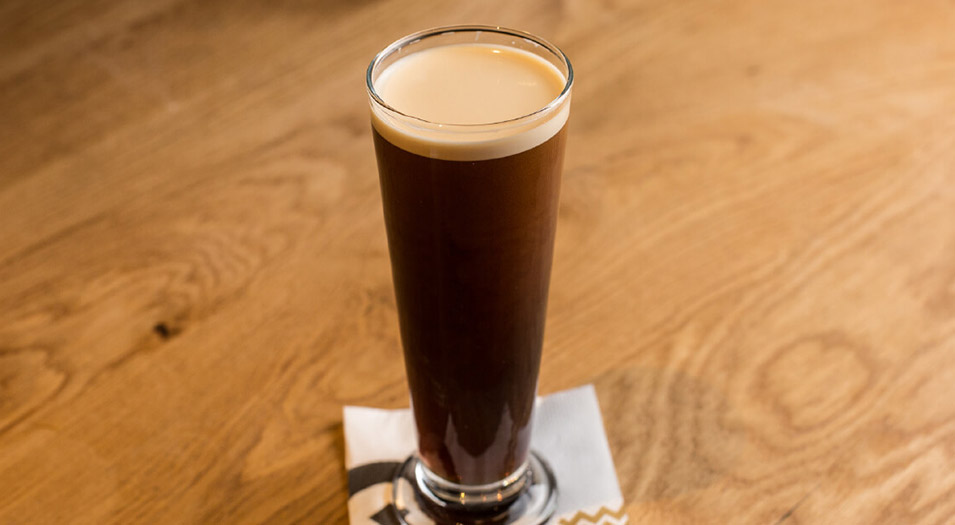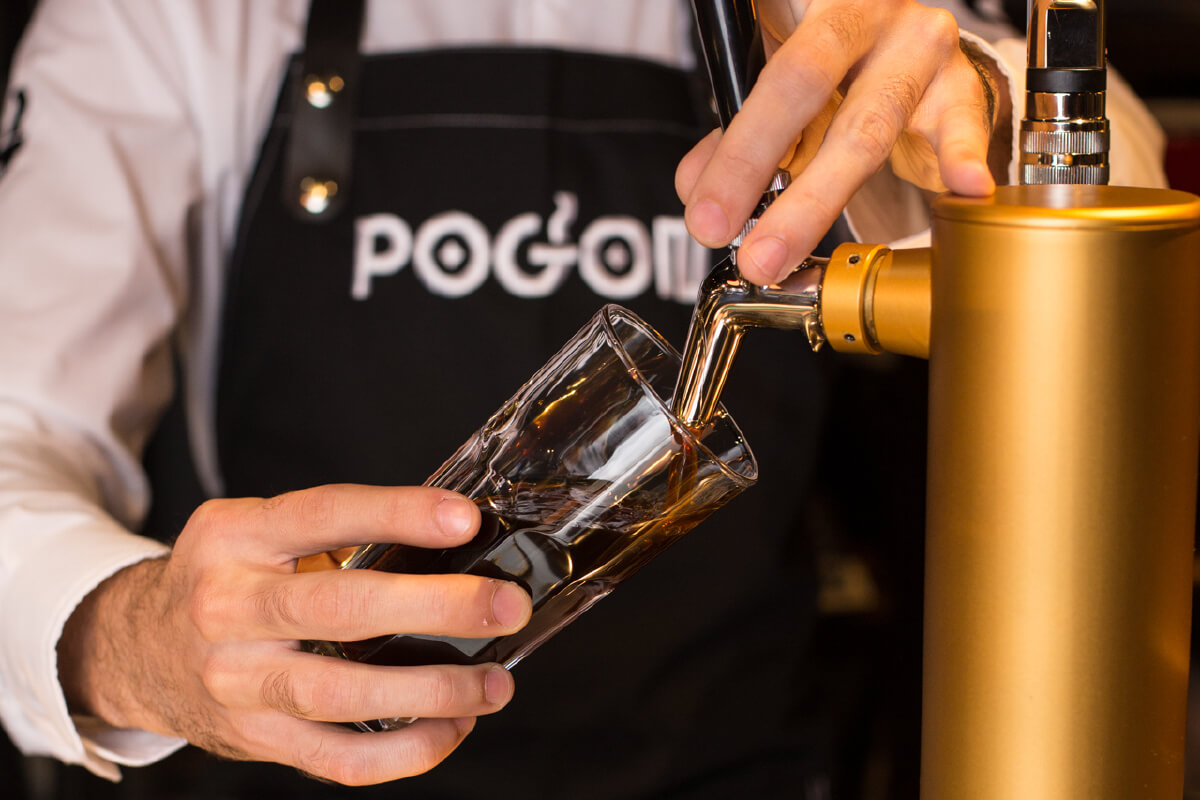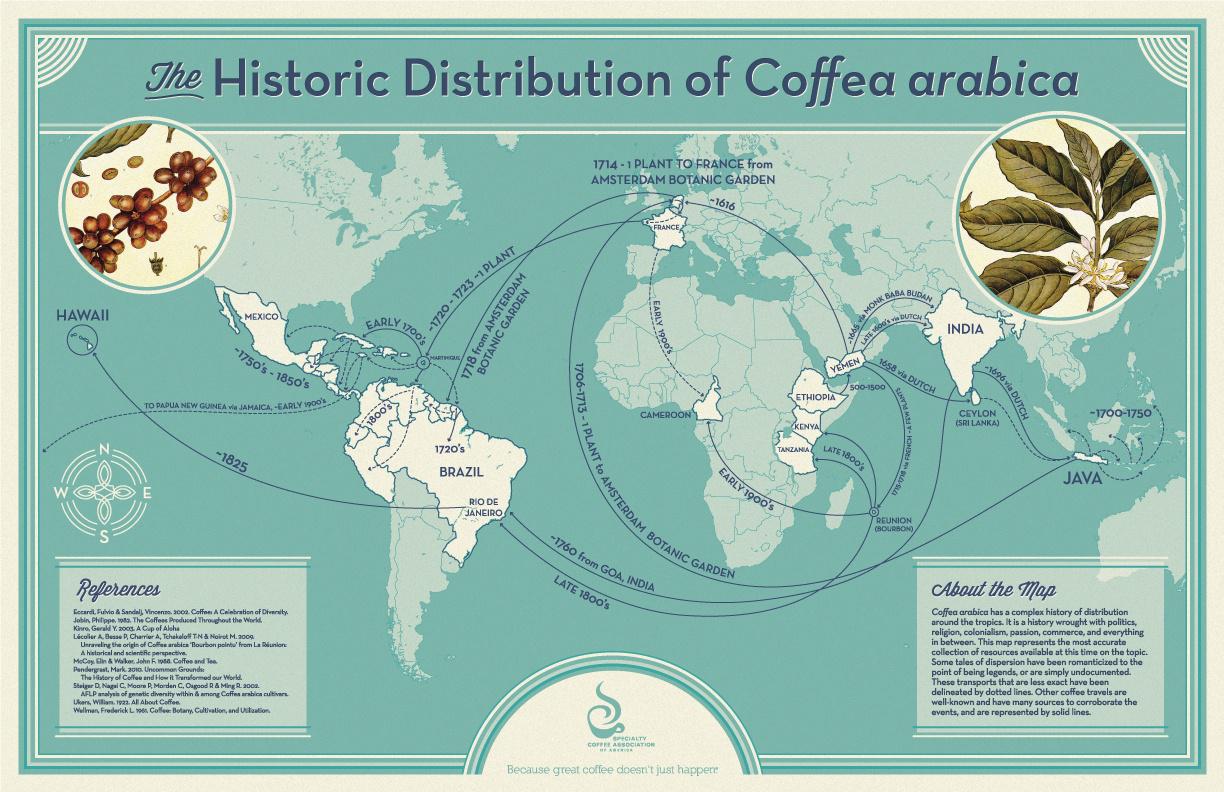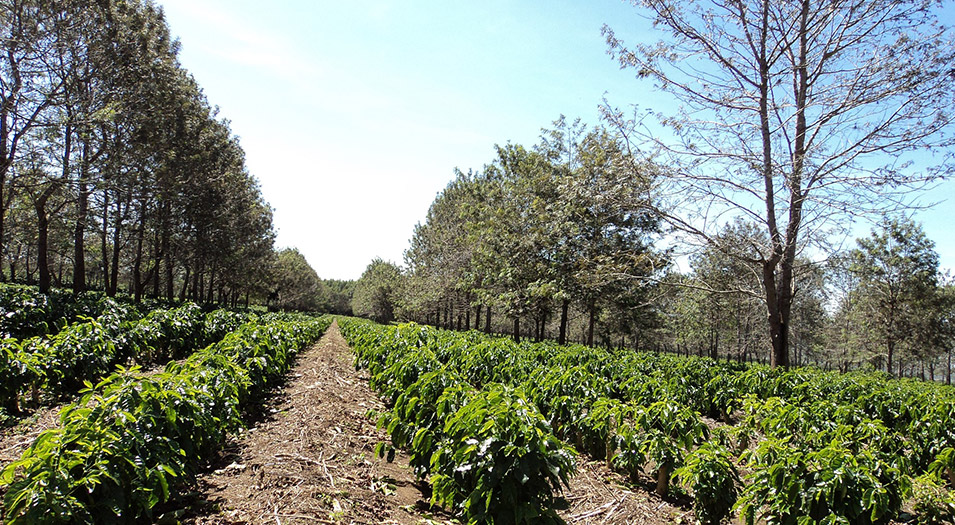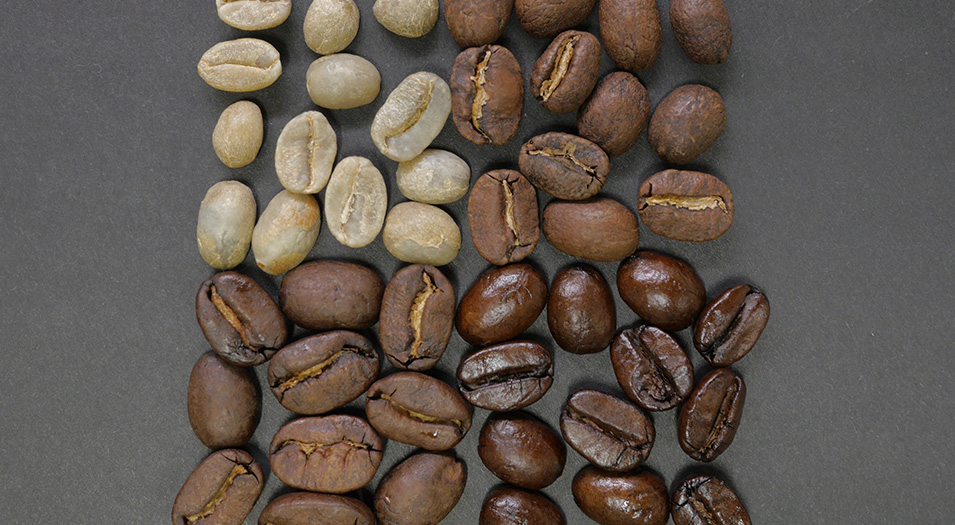Cascara
Cascara is a coffee cherry herbal tea made from the dried outer skins of the coffee fruit. These pulped skins are collected after the coffee beans have been removed from the cherries and sun dried. Cascara, from the Spanish cáscara, means "husk" “peel” or “skin”. It is different from cáscara sagrada tea, a powerful plant-based laxative derived from Rhamnus purshiana. Cascara is a common drink in some coffee-growing nations, notably Bolivia locally called Sultana, Yemen where it is called Qishr and Ethiopia...


